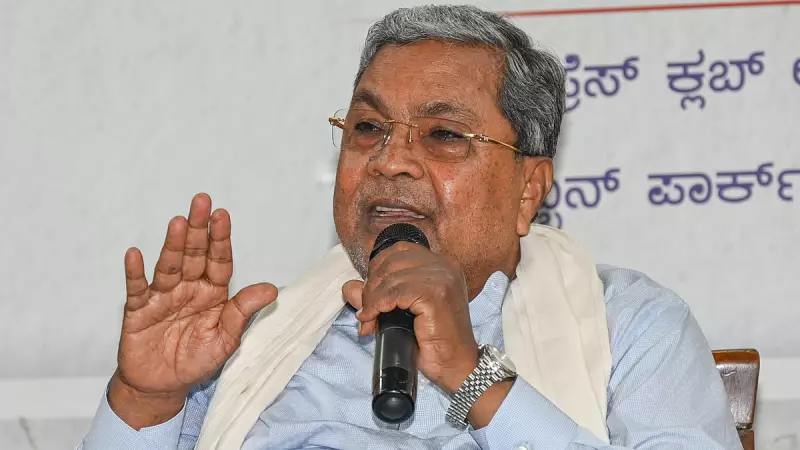
In a significant move that has captured statewide attention, the Karnataka government has implemented a mandatory permit system for all Rashtriya Swayamsevak Sangh (RSS) marches and processions across the state. This directive comes as the organization plans multiple public demonstrations in the coming weeks.
The new regulation requires RSS units to obtain official permission from local authorities before conducting any marches, rallies, or public gatherings. This decision reflects the government's heightened focus on maintaining public order and ensuring security during large-scale events.
Enhanced Security Measures
According to the government order, the permit requirement aims to streamline public events and prevent potential law and order situations. Local police departments and administrative bodies will now carefully review each application, assessing factors such as timing, route, and expected participation before granting approval.
This systematic approach allows authorities to coordinate necessary security arrangements and traffic management plans well in advance, minimizing disruption to daily life while ensuring participant safety.
Political Reactions and Implications
The mandate has sparked diverse reactions across the political spectrum. Supporters argue that it represents a necessary step toward maintaining public safety and preventing communal tensions. Meanwhile, critics question whether the requirement might be used to selectively restrict certain organizations' activities.
This development occurs against the backdrop of increasing political activity in Karnataka, with various groups planning public demonstrations in the lead-up to upcoming electoral processes.
Broader Impact on Public Gatherings
While specifically addressing RSS activities, the government's stance may set a precedent for how all large-scale public gatherings are regulated in Karnataka. The move underscores the administration's commitment to balancing democratic expression with public safety concerns.
Local authorities have been instructed to implement the directive consistently across all districts, ensuring uniform application of the new regulations regardless of the organizing group's political affiliations.
As Karnataka navigates this new regulatory landscape, all eyes remain on how the permit system will be implemented and what long-term effects it might have on political expression and public assembly rights in the state.





